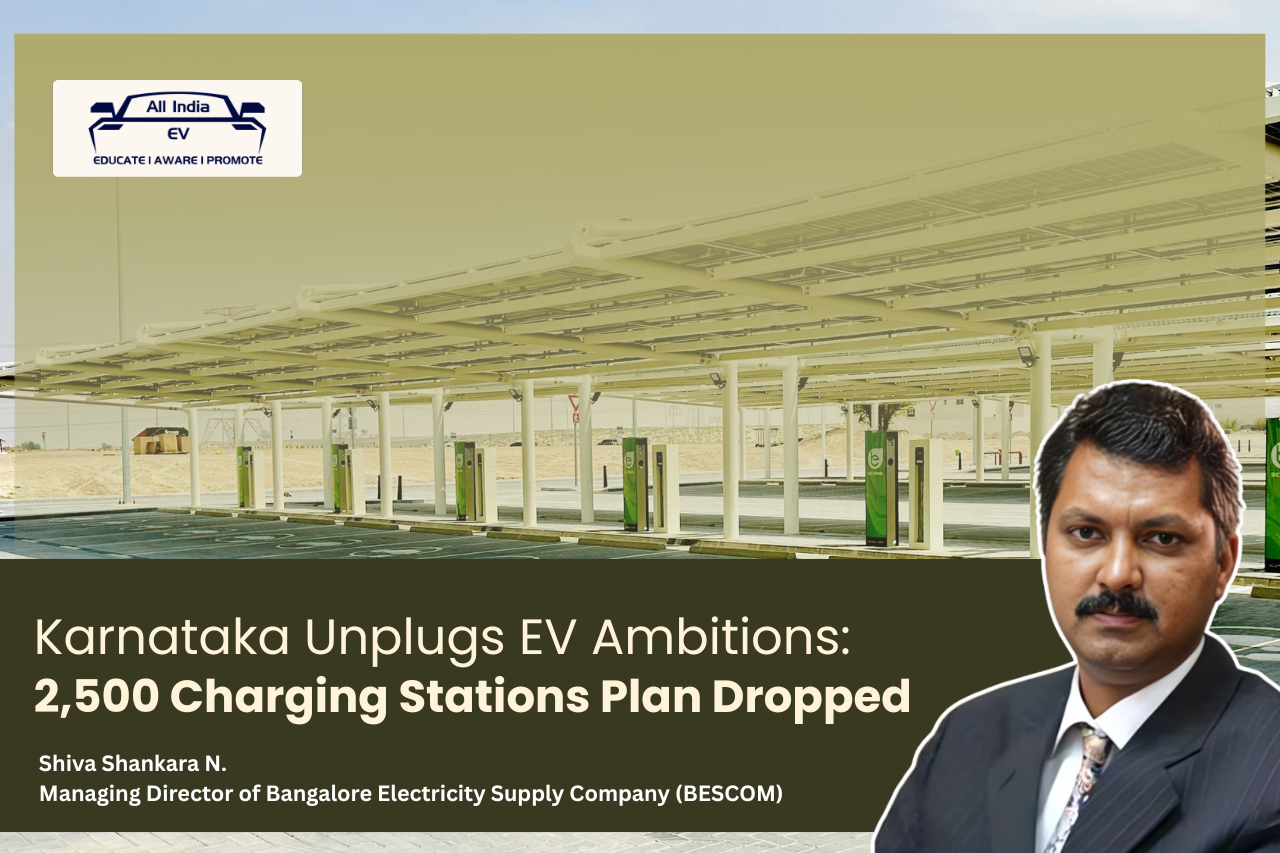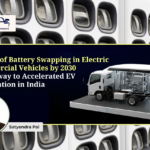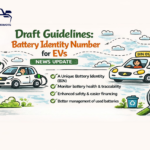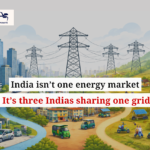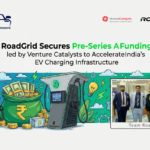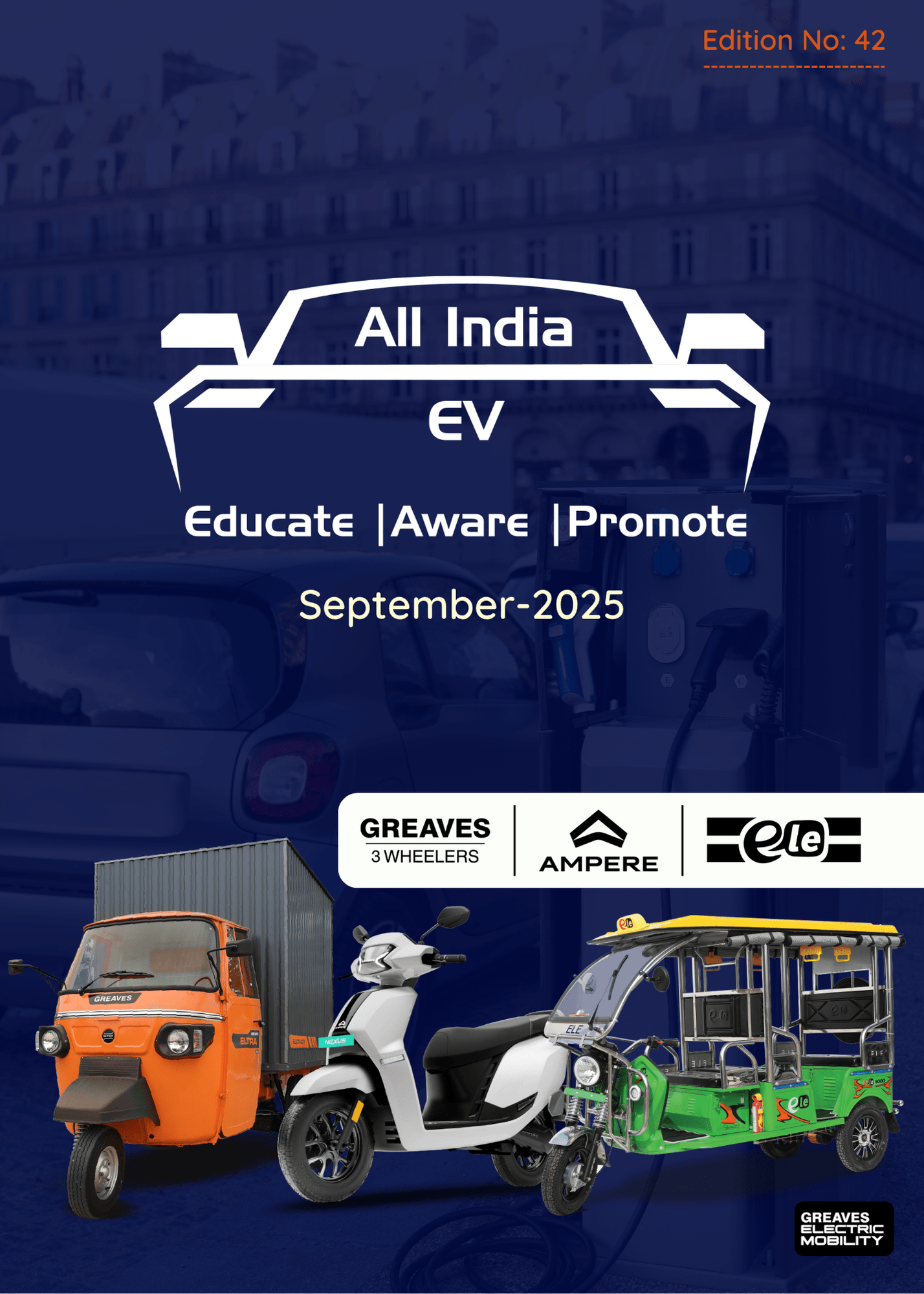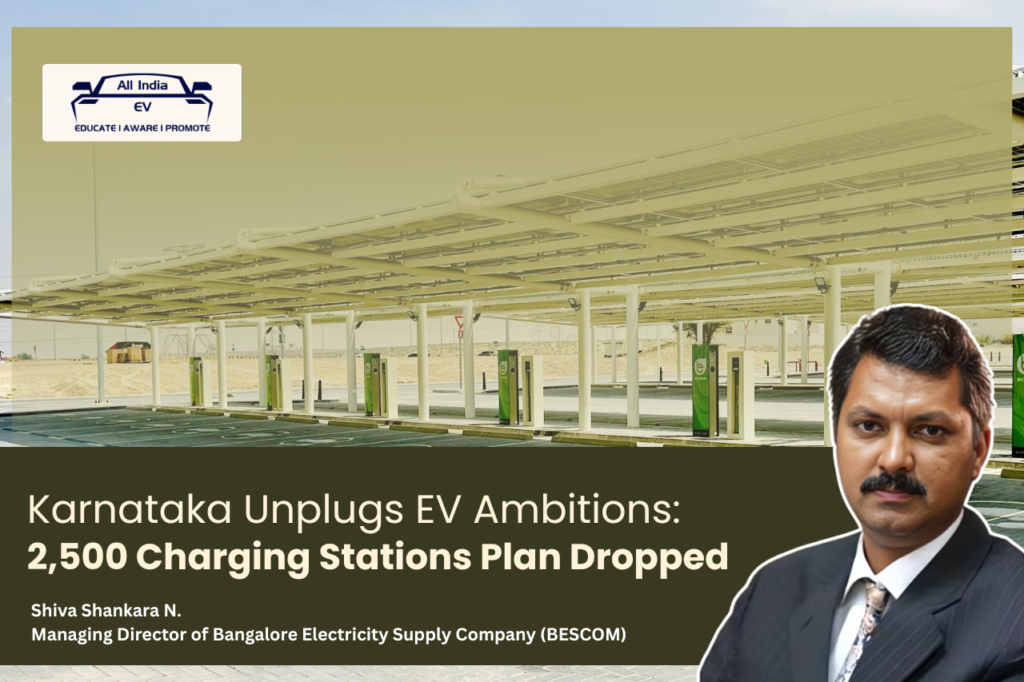
Karnataka Drops Plan for 2,500 EV Charging Stations After Poor Response from Stakeholders: BESCOM Confirms
Despite seeing over 1 lakh new electric vehicles (EVs) hit the roads in 2025, the Karnataka government has decided to cancel its ambitious plan to install 2,500 public EV charging stations across the state under the Public Private Partnership (PPP) model.
The Bangalore Electricity Supply Company (Bescom)—the state’s nodal agency for EV infrastructure—confirmed that the project has been shelved due to a lack of interest and support from stakeholders, both private and governmental.
Initial Promise, Poor Execution
In the 2024–25 Budget, Chief Minister Siddaramaiah had announced plans to install 2,500 EV charging stations under PPP, along with 100 stations to be set up directly by escoms at a cost of ₹35 crore. However, a government order issued in June 2025 officially scrapped the PPP component, citing practical difficulties.
Shiva Shankara N., Managing Director of Bescom, explained that the failure to establish 585 charging stations planned in 2023–24 significantly impacted stakeholder confidence. He revealed that despite a government order, not even one station could be set up in the nine targeted districts.
In the current fiscal year, a new tender for 605 charging stations across 22 districts fared no better—with no bids in 18 districts, and just one bidder for the remaining four. The effort was further undermined by lack of support from other government departments, particularly in terms of land leasing and site identification.
Industry Challenges: Location Mismatch & Bureaucratic Hurdles
EV infrastructure providers point to systemic challenges hampering the PPP model. Raghav Bharadwaj, CEO of Bolt.Earth, highlighted a disconnect between EV user behavior and charger placement.
“Most EV users prefer charging at home, office, or places they frequent. Government-allocated sites like bus depots or isolated public lands do not align with actual demand,” he said.
He also pointed out slow coordination among key departments like Bescom, BBMP, and traffic police, which makes it difficult for private players to gain access to high-utility urban spaces such as curbside parking or pole-mounted charging spots.
“Deploying chargers in low-traffic areas with no guaranteed usage is risky and capital-intensive. The PPP model doesn’t sufficiently de-risk or incentivise early private participation,” Mr. Bharadwaj added.
Private players have also called for:
- Mandating EV charger integration in new real estate developments
- Incentives for infrastructure deployment
- Public awareness campaigns to drive charger usage
Public Frustration Over Unreliable Charging Network
EV users in Karnataka continue to express dissatisfaction with the unreliable state of existing public charging infrastructure.
“Apps may show charging stations, but when we get there, they’re either non-functional or incompatible,” said Aarathy Praveen, a daily EV commuter. “We need reliable public chargers, like we have petrol pumps everywhere.”
Current Status & Government’s Revised Plan
According to the Transport Department, Karnataka has 5.95 lakh EVs currently on the road. To partially meet charging demand, the government has now instructed Bescom to proceed with setting up 100 public charging stations through escoms, with a budget allocation of ₹35 crore.While the original 2,500-station PPP vision has been scrapped, stakeholders hope the government will restructure its policy to attract private participation and invest in smarter location planning, ensuring India’s EV transition doesn’t stall due to infrastructure gaps.


